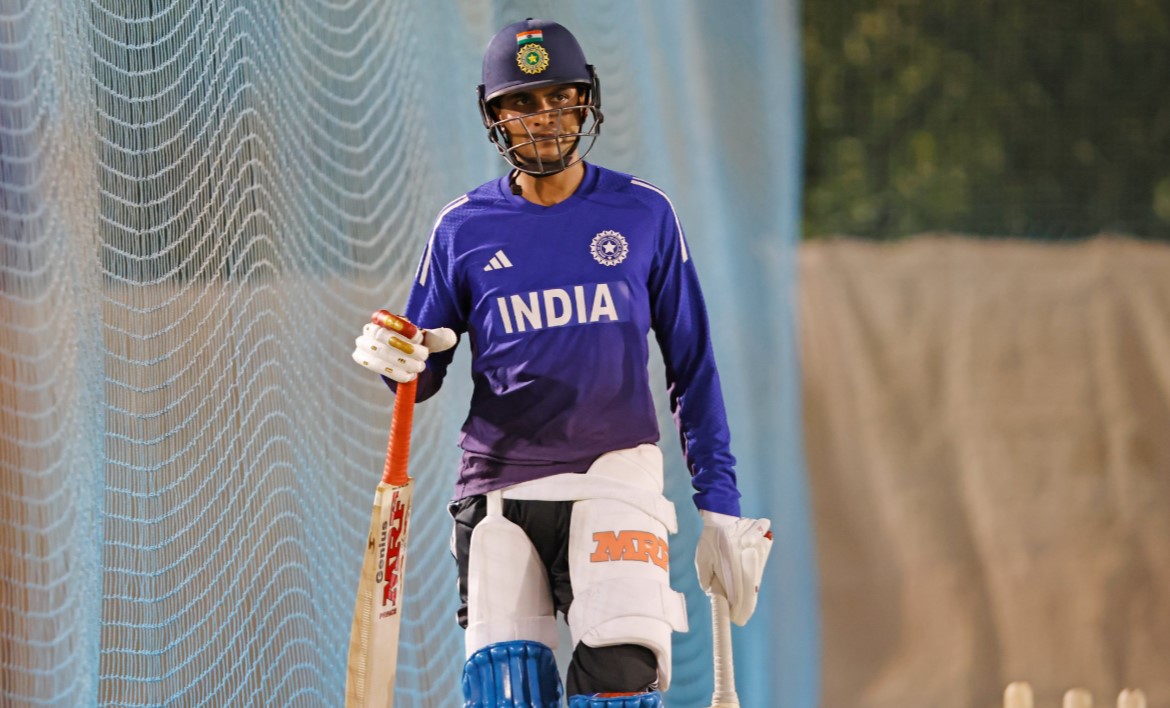Ind vs Pak: The debate over India playing Pakistan in the upcoming Asia Cup clash on September 14 in Dubai has ignited a controversy and anger among fans and sections of former cricketers stemming from the terror attack in Pahalgam, Jammu and Kashmir, on April 22, in which 26 tourists were killed by terrorists allegedly sponsored from across the border.
For many, the thought of Indian players sharing the field with their arch-rival so soon after such an incident feels unacceptable, with calls emerging for a boycott of the match.
However, the Board of Control for Cricket in India (BCCI) has made it clear that the decision does not rest with them alone. BCCI Secretary Devajit Saikia, responding to the criticism, explained that the cricket board is bound by the policy framework issued by the central government. According to him, the revised policy on sporting relations clearly distinguishes between multinational events and bilateral ties with hostile nations.
In August, the central government formalised this policy. Under the new guidelines, India will continue to avoid bilateral series or matches against nations that are not on friendly terms, but there is no restriction on facing them in multinational tournaments such as the Asia Cup, ICC World Cup, or Olympics. This distinction, Saikia stressed, is important to ensure India does not risk sanctions or isolation in international sports.
“As far as the BCCI’s view is concerned, we have to follow whatever the central government formalises. Our policy clearly states that there are no restrictions on playing against countries not on good terms with India in multinational tournaments. So India has to play all matches that form part of such events,” Saikia was quoted by news agency ANI as saying.
He further pointed out that refusing to play against Pakistan or any other country in multinational tournaments could lead to serious consequences. For instance, if India refuses to face Pakistan in the Asia Cup, it could trigger penalties from the Asian Cricket Council. Similarly, walking out of ICC tournaments could expose Indian cricket to sanctions, fines, or even disqualification from global events.
To make the point clearer, he brought up the case of Neeraj Chopra, India’s Olympic gold medallist in javelin. If India decided to boycott a multinational athletics event simply because a Pakistani athlete was participating, Chopra could be barred from competing altogether in international competitions. “That will be detrimental to the interests of the players,” Saikia said.
This, he explained, is why the central government has carefully drafted its policy, to balance national sentiment with the practical realities of international sport. The government, he noted, has taken into account the interests of athletes across sports, not just cricket, before finalising this stance.
“I am sure the government of India has taken into consideration all these factors while formulating the policy that allows India to participate, not only in cricket but also in other games, in various multinational tournaments,” Saikia concluded.
